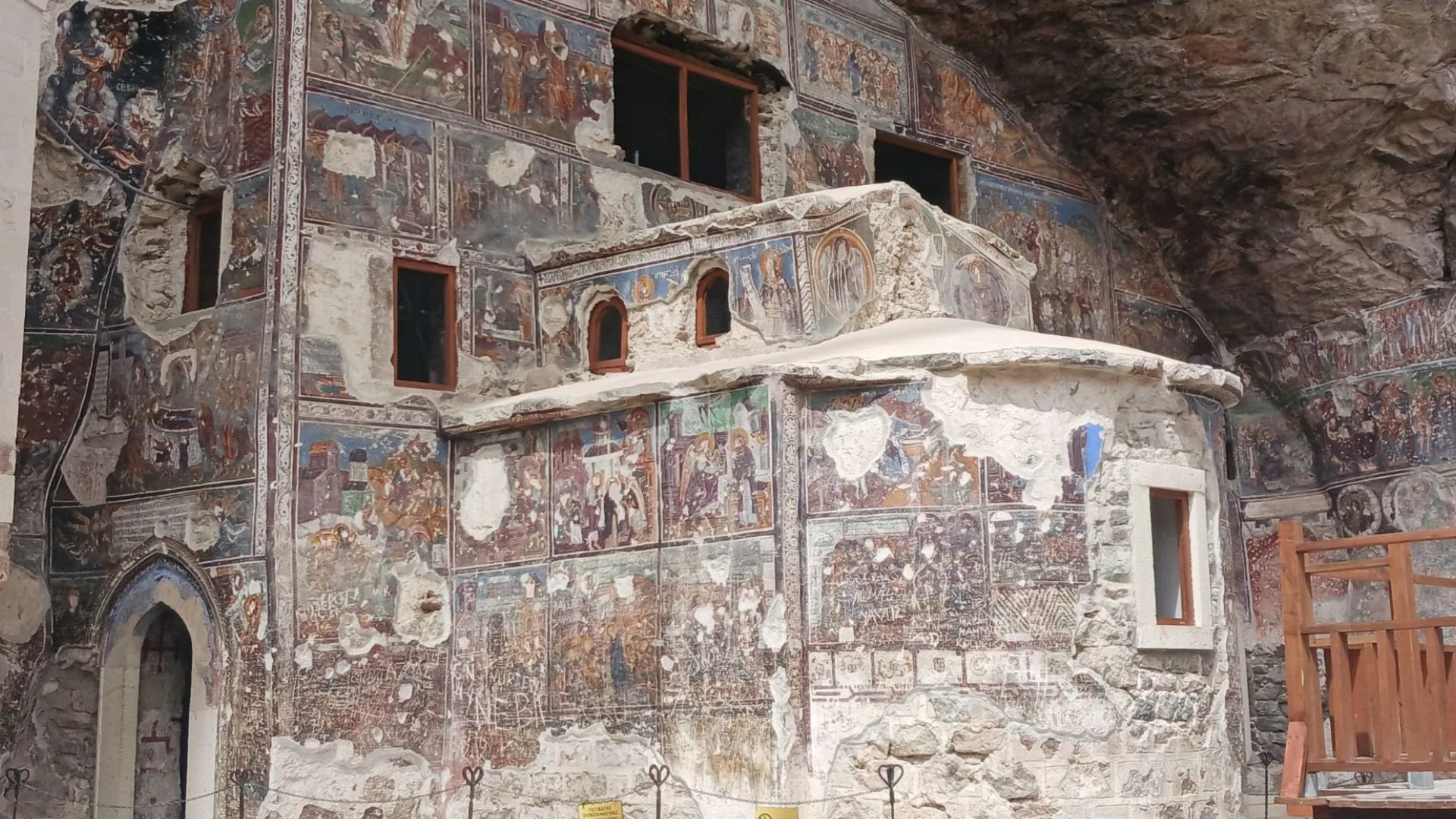By Ilias Karagiannis
Carved into Mount Melas in Trabzon, the Monastery of Panagia Soumela has stood proudly for over 1,600 years. The way it was created in such a precipitous spot, surrounded by lush nature, seems like a small miracle. As visitors approach, the “wounds” of time are evident in this sacred place for Christians. It is an island of faith and pain, a witness to the Pontian Greek genocide, commemorated annually on May 19.
At the end of April, The Greek Herald travelled to Trabzon and conducted a mini pilgrimage to the ancient cradle of Pontic Hellenism: Panagia Soumela. Today, the monastery is lifeless, dominated by the sound of silence and the occasional conversations of visitors — Turkish, Greek, and Serbian.
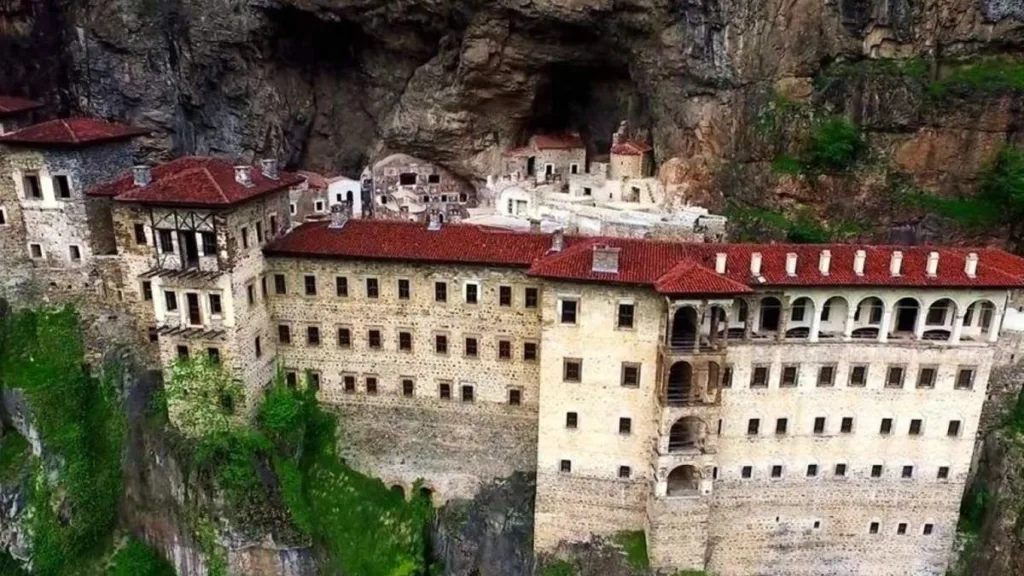
Trabzon is now a modern city at its centre. Bustling, with a hive of people moving during the day and smiling spontaneously when they hear “Yunan” (a Greek). The question comes naturally to their lips: “Soumela?” It is the primary reason anyone visits the Turkish city on the Black Sea. This is evident from the many tourist tours organised by travel agencies in the city.
For approximately $30AUD, one can visit the Monastery of Panagia Soumela along with other attractions, such as the Karaca Cave with its stalactites and stalagmites, witnesses of human life for thousands of years.
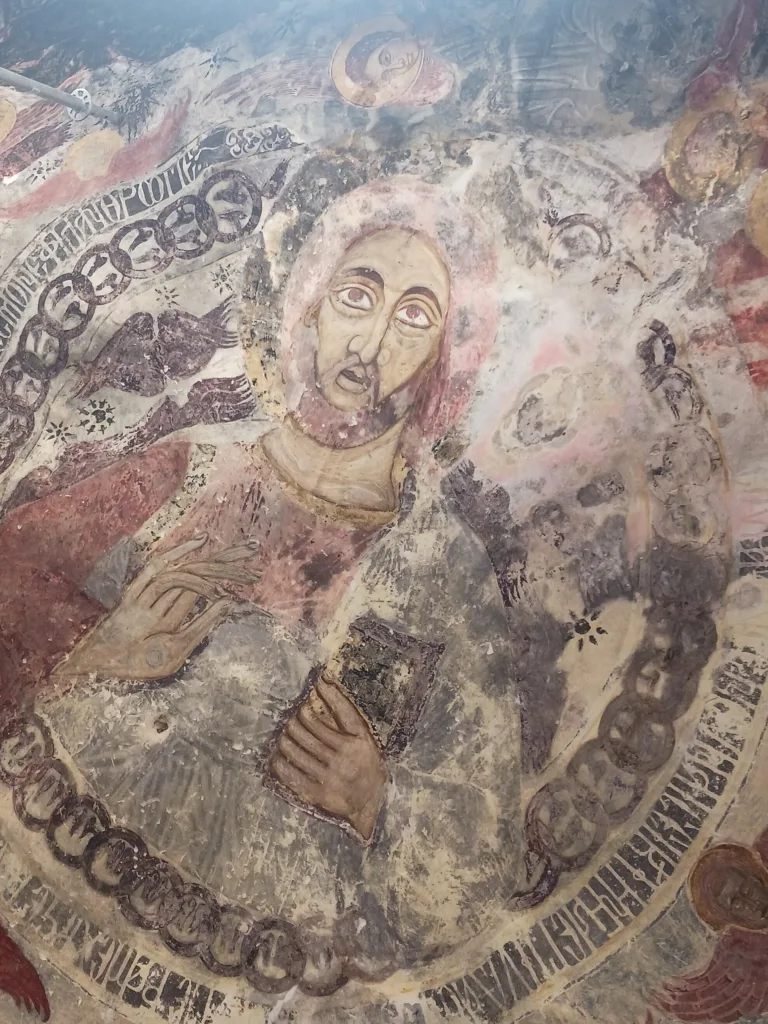
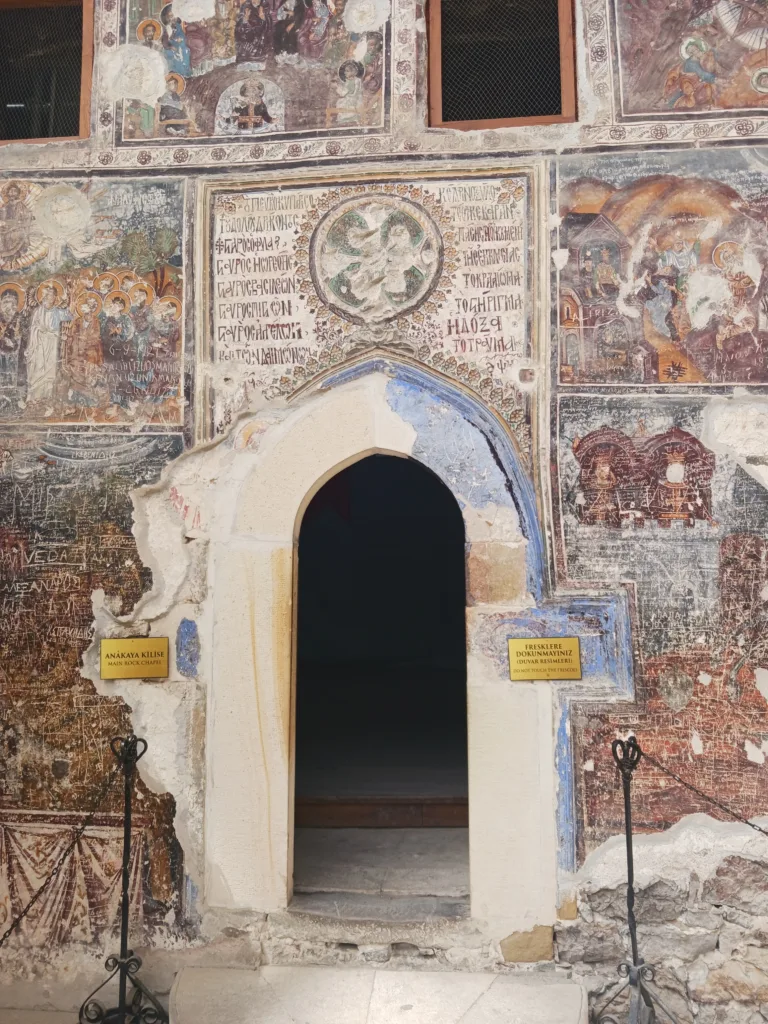
The route to the monastery is full of twists and turns. The road winds through enchanting landscapes, forests, and streams, ending at a parking lot where dozens of tourist buses are parked. From there, you board a small Turkish state van that takes you on a very narrow road near the monastery. Approaching Panagia Soumela, the scenery becomes imposing. The monastery carved into the mountain appears otherworldly, as if crafted by a divine hand.
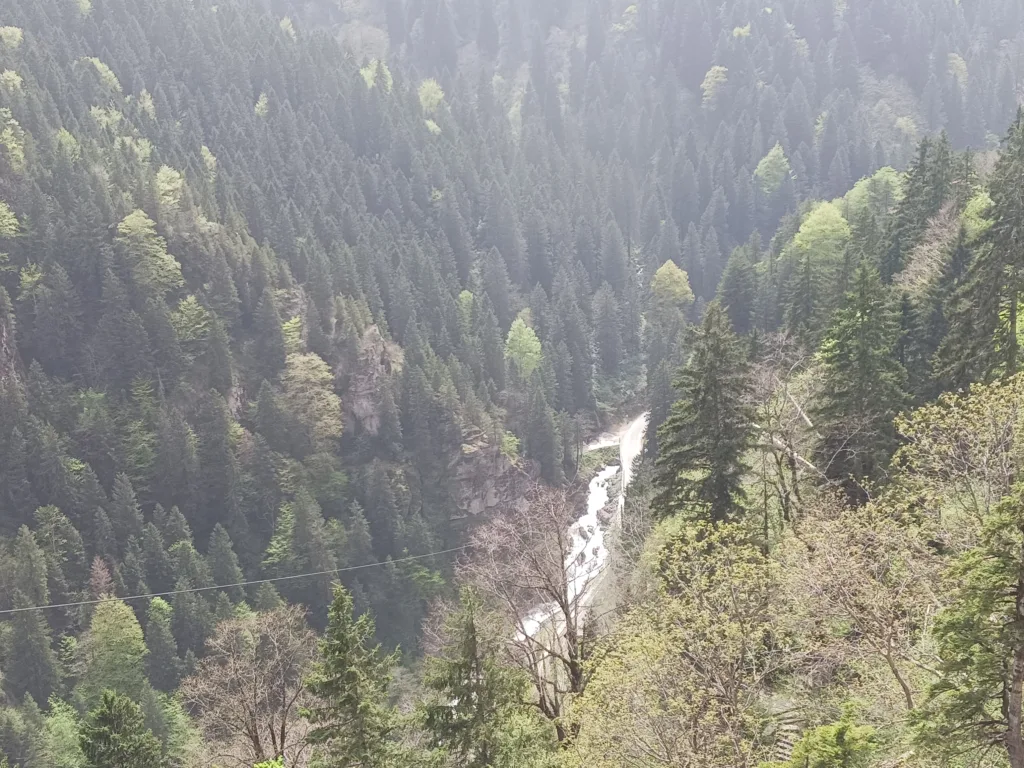
Unconsciously, my mind travels to other times. To the Asia Minor Catastrophe, when the Turks completely destroyed the monastery. After looting all the valuable items inside the monastery, they set it on fire.
I was curious about what I would encounter during my ascent to the monastery. The wild beauty of the landscape, sculpted by centuries, “captivated” you. The place seemed both familiar and unknown at the same time.
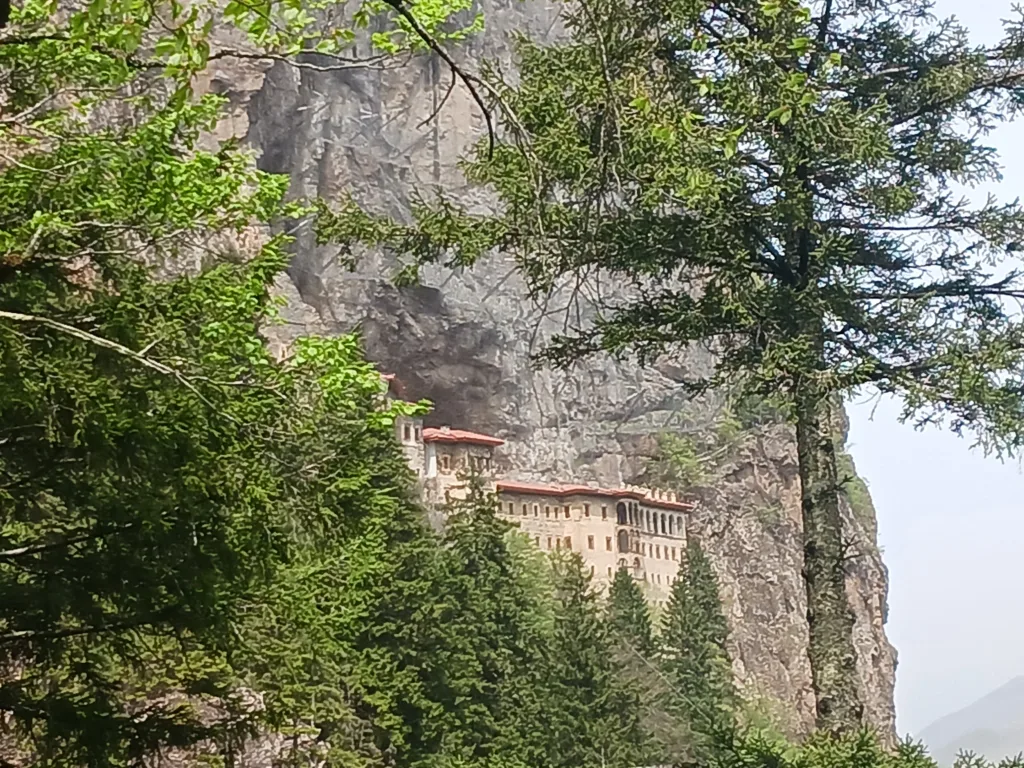
The Turkish flags
The monastery, perched on the mountainside, gleamed in the sun, embracing Trabzon. Like a living flame, it ignited hope in the souls of visitors who approached with awe, their steps heavy with history. Narrow steps lead you to a place that once buzzed with life. Today, it is deserted. Some signs in English and Turkish inform you about the different rooms of the monastery complex: the kitchen, the library, the toilet.
You try to imagine the life of the monks in a monastery that, according to tradition, was founded in 386 by Athenian monks Barnabas and Sophronios, who were guided to the inaccessible peaks of Pontus by a revelation of the Virgin Mary to establish her monastic abode.
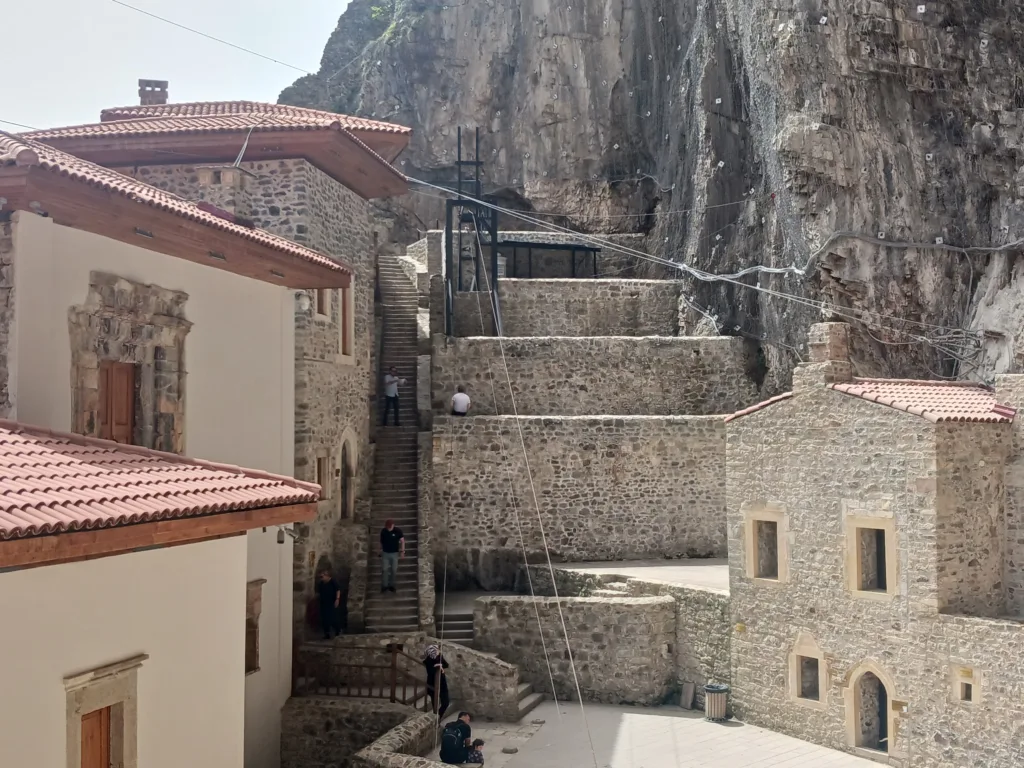
Vladimir, a Serbian visitor I meet during my tour, is annoyed by the condition of the monastery as we enter the church. Under reconstruction, with two Turkish flags “stealing” attention while we are trying to admire the poorly preserved relief of the Virgin Mary. The Icon of the Virgin Mary of Soumela, which according to tradition is a work of Luke, is now kept in the new Monastery of Panagia Soumela in Veria, Imathia.
Panagia Soumela was closed to visitors from 2015 to 2020 for necessary restoration work. Work that is still ongoing and has caused reactions, as many believe that the Hellenic Orthodox identity of the monument has been weakened.
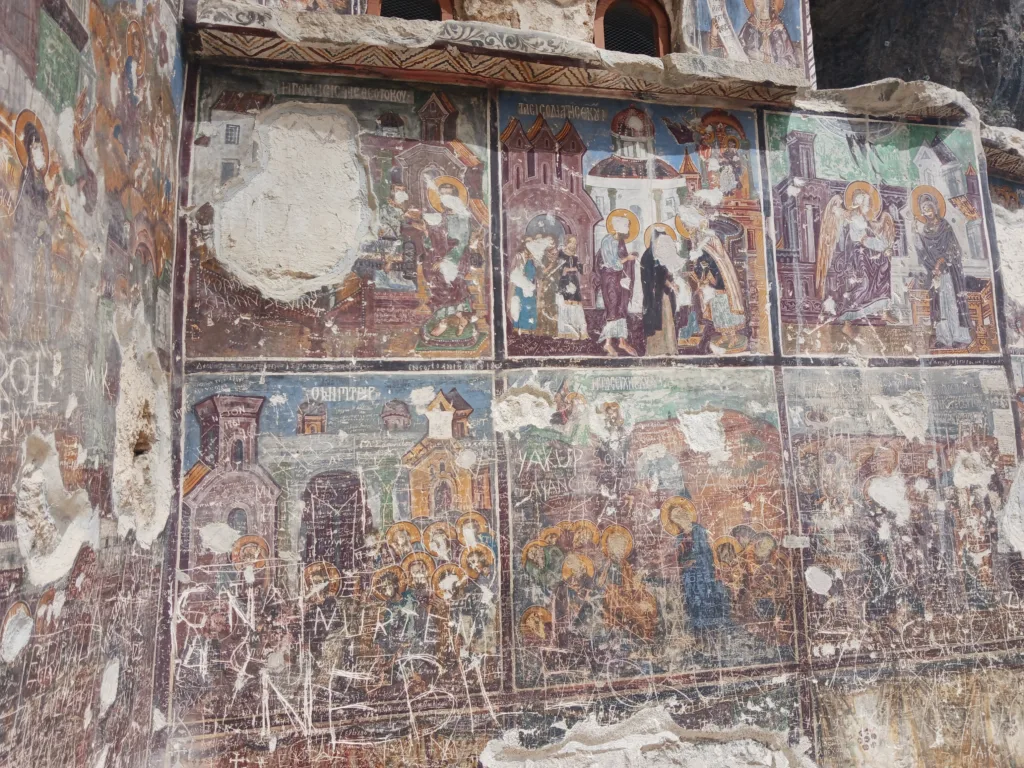
On August 15, 2010, on the feast of the Dormition of the Theotokos, after 88 years of “silence” at the Monastery, Ecumenical Patriarch Bartholomew conducted the first Divine Liturgy with the permission of the Turkish authorities. In the courtyard, hundreds of faithful had gathered, while thousands more watched the service on giant screens set up in the monastery’s precincts. Generations of Greeks from Pontus were present that day at the foot of Mount Melas to see, learn, and not forget.
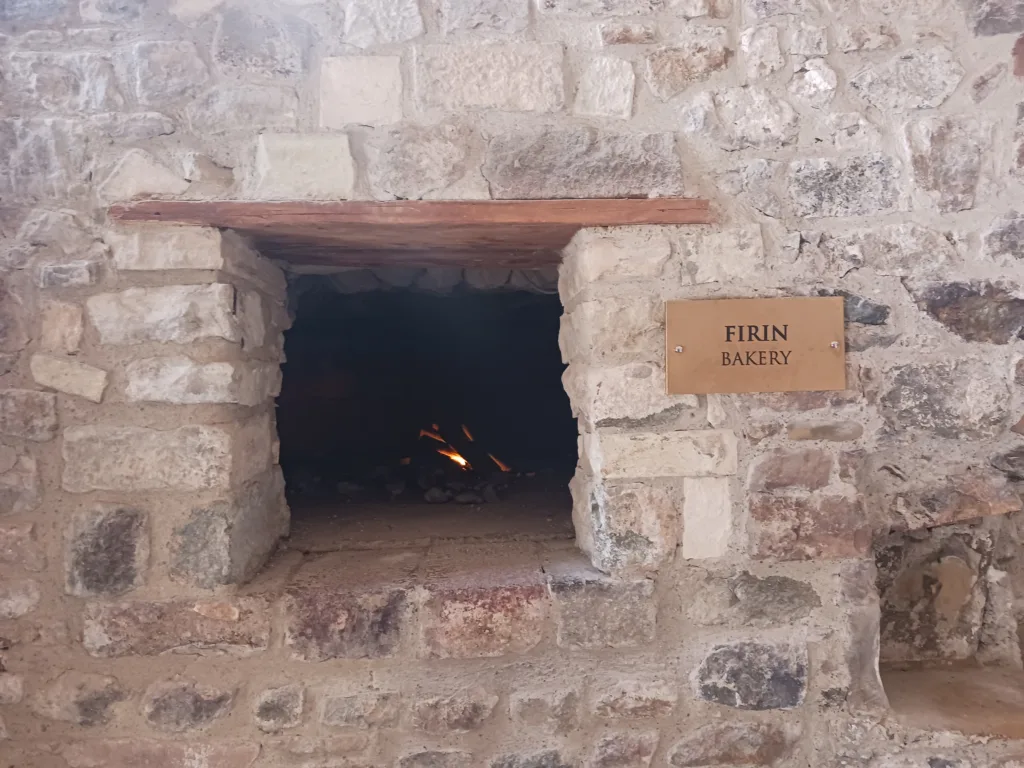
Despite the small victories, the desolation of the monastery causes disappointment to the visitor. A powerful religious and spiritual symbol of Hellenism in Asia Minor Pontus, today it appears as a remnant of a glorious past.
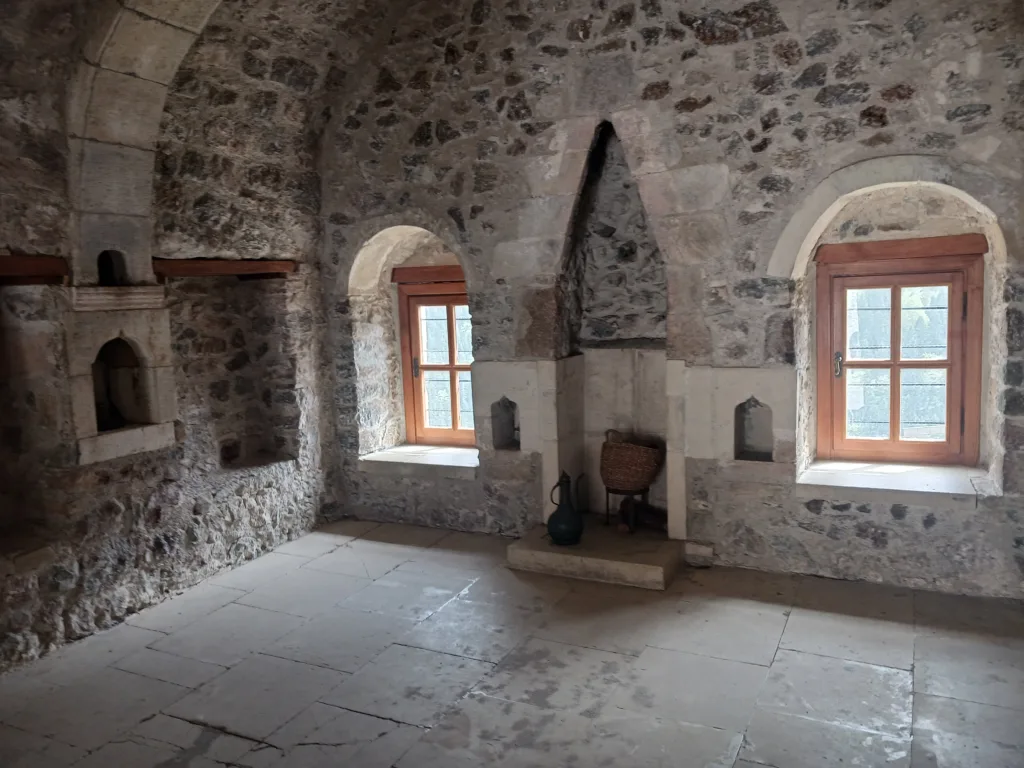
As I leave the visit and move on to the next stop, I imagine conversations of Greek believers hesitating between the awe the monastery evokes and the disappointment from its current state, which serves as a tangible reminder of what blind fanaticism can cause.
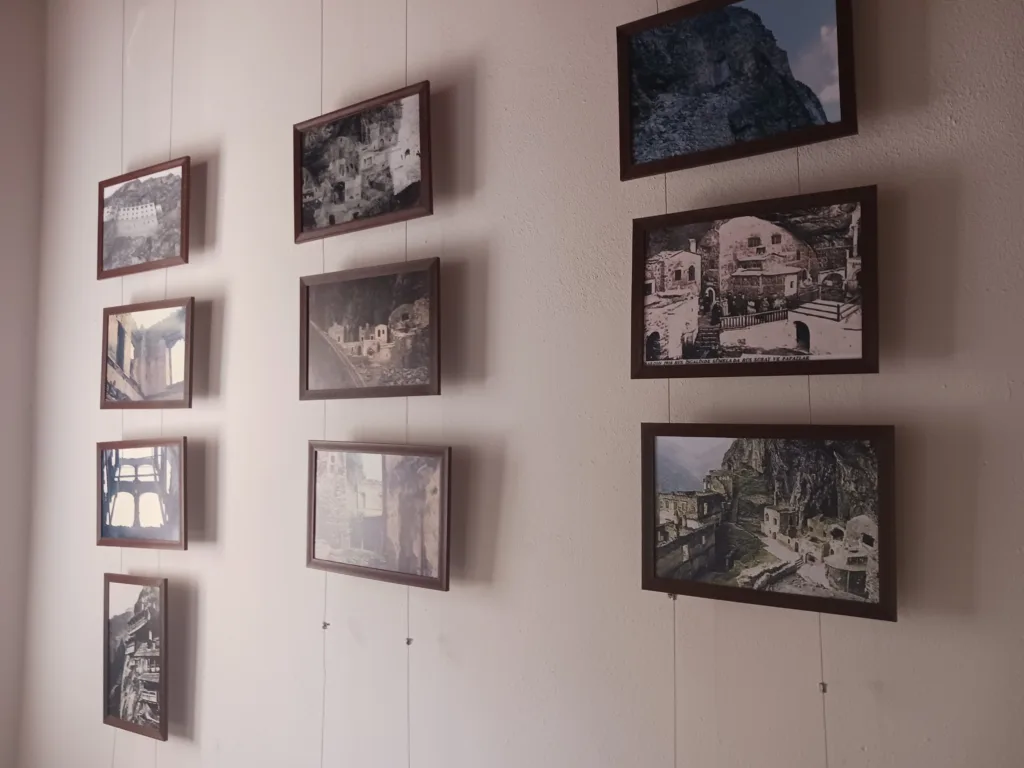
Nevertheless, the monastery remains there, even deserted, a symbol of faith and hope for centuries. The visit to Panagia Soumela is not just a religious experience. It is a journey of self-awareness, a connection with the past, and a promise for the future. It is the return of the Pontians to their homeland…
